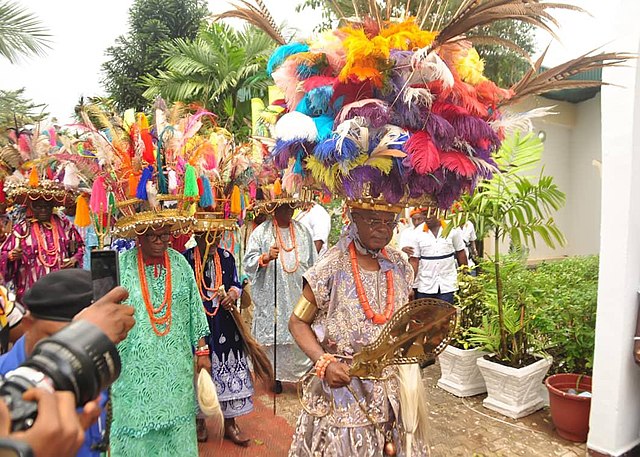Former Vice President Yemi Osinbajo has cautioned African governments against celebrating Gross Domestic Product (GDP) growth figures that do not translate into improved living conditions for citizens.
At the 65th anniversary of the Ford Foundation in West Africa, in Abuja, Osinbajo stated that the continent had recorded some of the world’s highest GDP growth rates in recent years, yet remained burdened by poor welfare indicators, weak healthcare systems, education gaps, and widespread unemployment.
The former vice president said his experience in office revealed a deep disconnect between macroeconomic numbers and the daily realities of ordinary Nigerians.
He said: “Africa is the fastest growing continent in GDP terms, and has been so for a while, yet it remains the continent with the lowest overall quality of life, based on global indices like health, education, infrastructure and economic stability. In other words, GDP growth does not mean development for the majority. It does not necessarily translate to jobs or a decent life for citizens. One of my biggest frustrations as Vice President and chair of the economic team in our government from 2016 to 2019 was how people reacted when we discussed GDP growth figures.
“The vast majority ask, ‘do these people live in a different country?’ ‘I can’t pay my children’s school fees or hospital bills.’ ‘Where is this growth?’ It became clear to me that when we as governments talk about growth, citizens wonder what we’re talking about. Only big business, like banks, understands those things.”
He argued that social justice, by ensuring fair access to opportunities, resources, and protections, must become the foundation of economic planning, not an afterthought.
Osinbajo called for a shift from trickle-down policy approaches to bottom-up investment strategies that prioritise rural communities, women, young people and informal workers who drive the continent’s economy.
He cited Bangladesh’s girls’ education reforms, Rwanda’s gender inclusion policies, and the Lagos judicial reforms of 1999, in which he noted that women judges were elevated and judicial corruption declined, as practical examples of how inclusive governance strengthens national productivity.
The number two citizen under the late Muhammadu Buhari’s Presidency also warned that corruption remains one of the most severe forms of social injustice, depriving citizens of public services and undermining national progress.
The Minister of Budget and National Planning, Senator Abubakar Bagudu, commended Ford Foundation for a long-standing partnership and described the anniversary as timely for deepening collaboration on inclusive development.
Regional Director of the Ford Foundation in West Africa, Dr ChiChi Aniagolu, reminded the audience that Ford began operations in Lagos in 1960, adding that the organisation supported a wide array of initiatives, including education, human rights, women’s empowerment, cultural expression, economic inclusion and environmental justice in Nigeria, Ghana, Senegal and across the sub-region.
Aniagolu pledged that the foundation would continue to emphasise capacity building, accountability and local ownership, rather than prescriptive solutions, and applauded young leaders who are redefining democracy and justice in contemporary West Africa.
Senior Vice President of the Foundation, Martín Abregu, noted that while the Foundation began in the United States more than eight decades ago, its mission has evolved into a global pursuit of social justice and reduced inequality.






